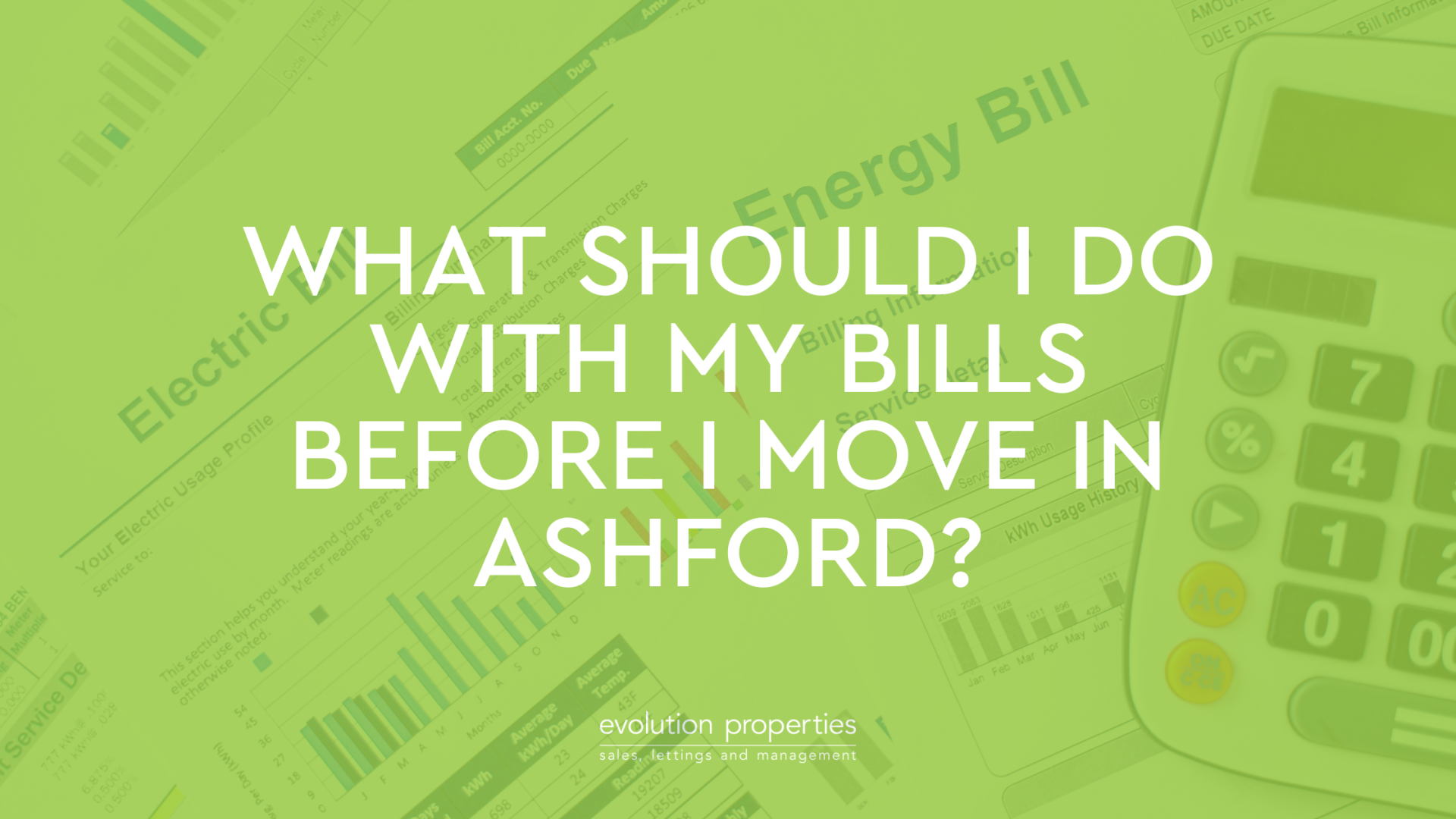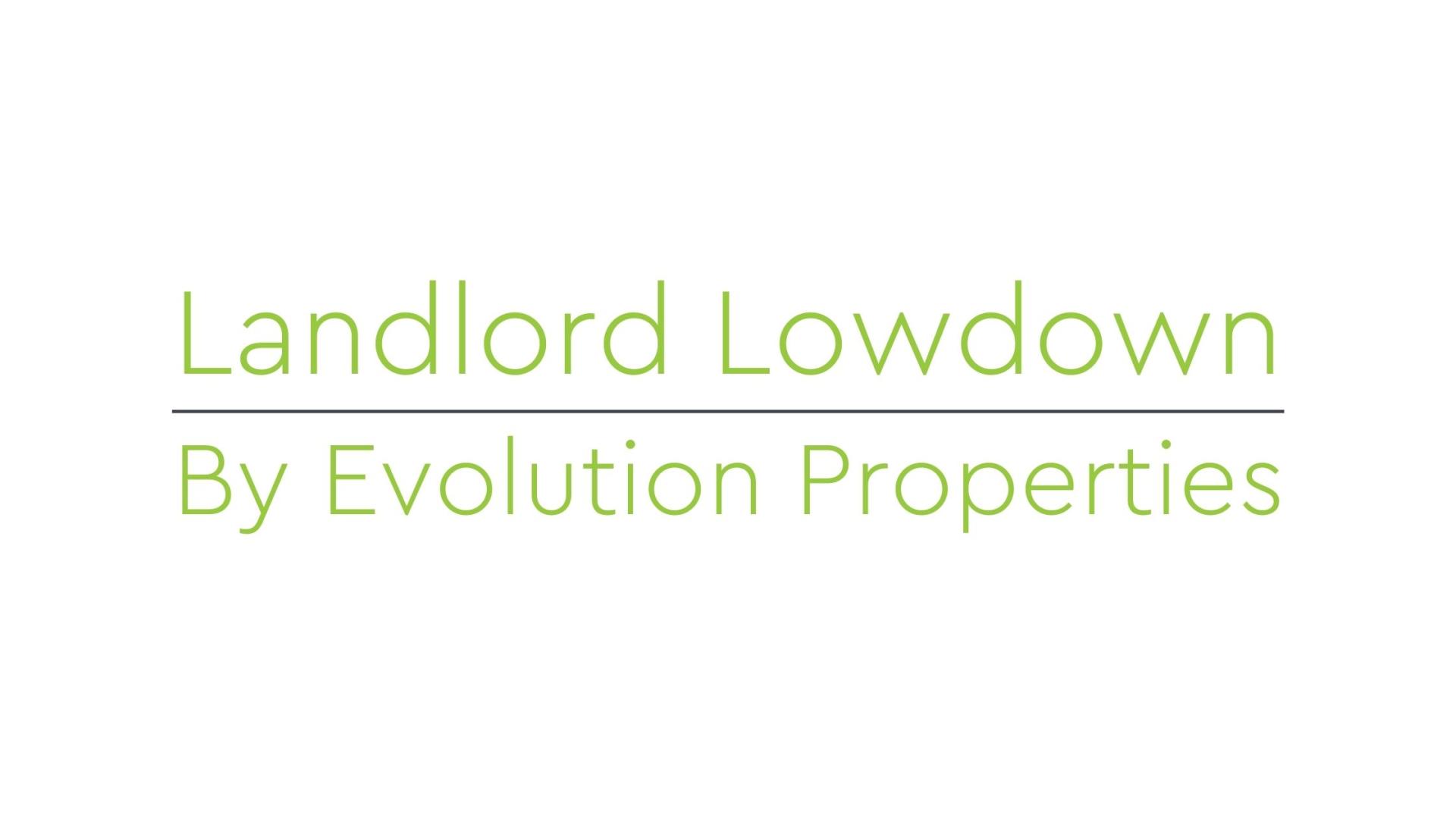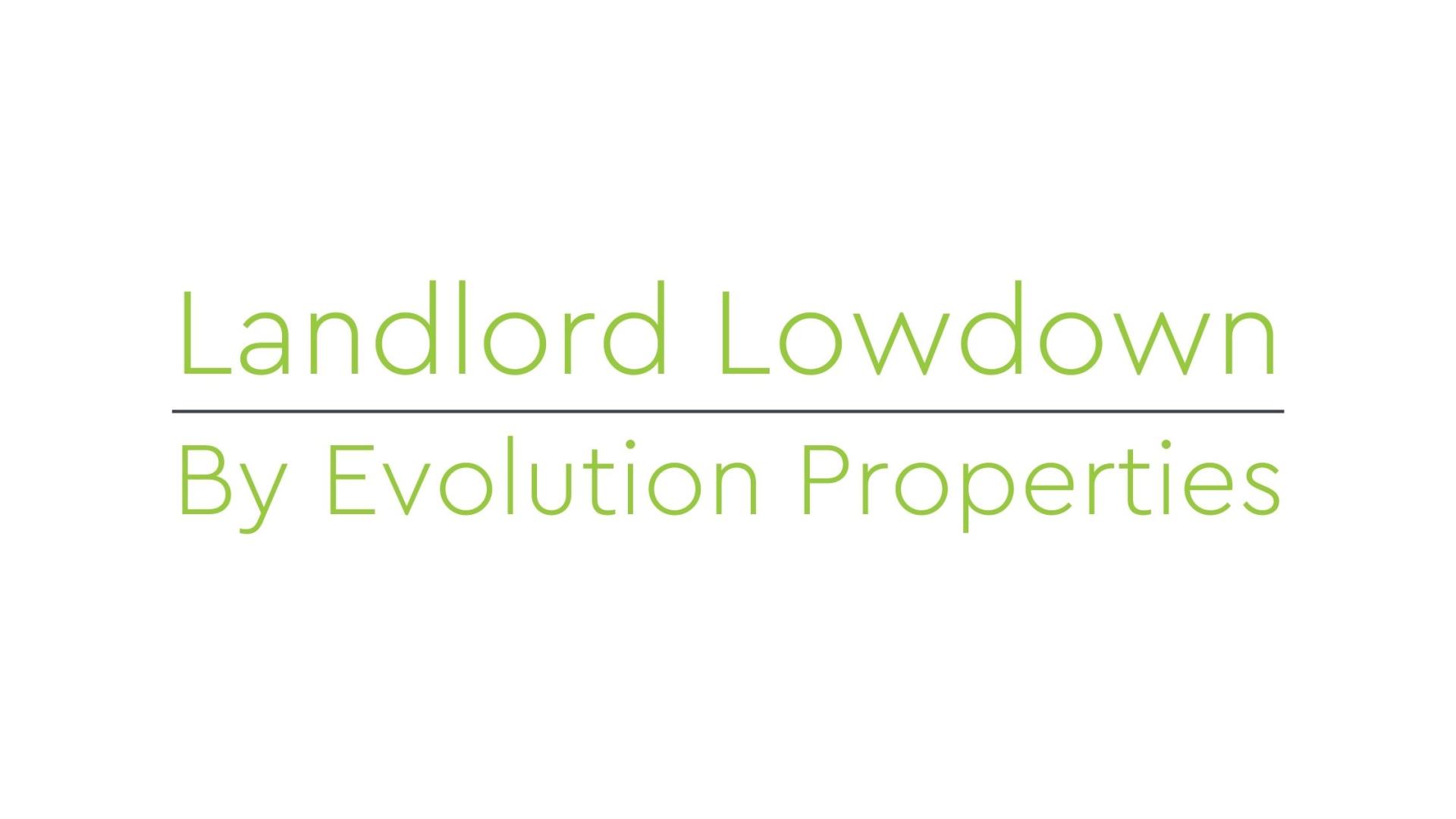Are you considering selling your home in Kent? Understanding the current real estate market in the area and pricing your home correctly is crucial for a successful sale. In this article, we'll delve into the factors that influence the pricing of your home, the importance of accurate pricing, and how to avoid common mistakes. We'll also explore how you can increase the value of your home to attract potential buyers.
Whether you're a first-time seller or a seasoned homeowner, this guide will provide valuable insights to make informed decisions when pricing your home in Kent.
What is the current property market in Kent?
Kent's current property estate market is dynamic and influenced by various factors such as market value, pricing trends, and the balance between buyer's and seller's markets. Understanding the demand and supply dynamics, conducting competitive analyses, and staying informed about the local market trends is crucial for navigating the real estate landscape in Kent.
Both buyers and sellers must know the prevailing market conditions and pricing trends to make informed decisions. Analysing comparable properties in the area and staying up-to-date on the local market dynamics can provide valuable insights into the value of properties in Kent. This understanding empowers individuals to negotiate effectively, whether buying or selling.
Keeping a finger on market trends and conducting thorough research can help stakeholders strategically position themselves in this dynamic environment.

Why is Pricing Your Home Correctly Important?
Pricing your home correctly is a pivotal step in selling. It directly impacts the potential to sell at a desirable listing price, negotiate effectively, and manage closing costs. A well-planned pricing strategy enhances the chances of attracting prospective buyers and achieving a successful sale.
By determining the optimal listing price, sellers can position their property competitively in the market, capturing the attention of potential buyers. A well-defined pricing strategy sets the stage for effective negotiation dynamics, allowing for a balance between maximising the sale price and satisfying buyer expectations.
It plays a crucial role in managing closing costs, ensuring that the financial aspects of the transaction are handled efficiently and advantageously for all parties involved.
Need Help Selling Your Kent Home?
What are the Factors to Consider when Pricing Your Home?
When pricing your home, several critical factors come into play, including the location, size, condition, comparable sales in the neighbourhood, and the prevailing market trends. Understanding these factors and their impact on pricing is essential for setting a competitive and attractive listing price.
The location of a property plays a pivotal role in determining its value; proximity to amenities, good schools, and transportation hubs often commands a higher price. The size and condition of the property are crucial considerations. Engaging with comparable sales data enables sellers to make informed decisions while staying attuned to the current market trends, which can lead to a well-calibrated pricing strategy poised to attract potential buyers and optimise the sale.
Location
The location of a property holds substantial significance in determining its market value and appeal to potential buyers. Factors such as neighbourhood amenities, local market trends, and proximity to key establishments contribute to appraising the property's location and its impact on pricing.
For instance, a home near popular schools, parks, shopping centres, and public transportation hubs is likely to fetch a higher price due to its convenience and desirability. Local market trends, such as increasing demand or new developments in the area, can significantly influence property prices, making it crucial for sellers to stay updated on the neighbourhood dynamics.
Proximity to employment centres, healthcare facilities, and leisure attractions also plays a pivotal role in determining the property's market value, as it aligns with the lifestyle and needs of potential buyers.
Size and Condition of the Home
The size and condition of a home play a pivotal role in its pricing, with factors such as property improvements, staging, and comparable sales data contributing to the valuation process. Accurately assessing the property's size and condition is crucial for setting a competitive and justifiable listing price.
By understanding the impact of home improvements, sellers can strategically invest in upgrades that significantly enhance the property's value. Staging techniques can enhance a home's appeal and perceived value, making it more attractive to potential buyers.
Analysing comparable sales data provides valuable insights into the prevailing market conditions, enabling a more comprehensive evaluation of the property's value. These considerations are essential for maximising the property's potential and achieving an optimal selling price.
Comparable Properties in the Area
Evaluating comparable properties in the area provides valuable insights into the local property market dynamics, pricing trends, and the valuation of similar properties. Understanding the nuances of comparable sales data is essential for accurately assessing the subject property's market value.
It also allows sellers and estate agents to determine a competitive listing price and make informed decisions. By analysing the neighbourhood dynamics and local market trends through comparable properties, one can better understand the demand and supply dynamics, the impact of location on property values, and the potential for future increases or decreases in value. This information helps set a realistic and attractive price for the property, increasing the chances of a successful sale at market value.
Current Market Trends
Staying abreast of current market trends, including demand and supply dynamics, pricing strategies, and the balance between buyer's and seller's markets, is crucial for making informed decisions when pricing a home.
Adapting pricing to market trends allows sellers to capitalise on high demand, achieving optimal pricing. Conversely, understanding the delicate balance of supply and demand in a buyer's market enables strategic pricing to attract potential buyers.
The dynamics of pricing strategies, such as pricing competitively or taking advantage of a seller's market, can significantly impact the speed and success of a home sale.
How do you determine the right price for your home?
Determining the right price for your home involves comprehensive research, including examining comparable properties, consulting with an estate agent, and obtaining a professional home appraisal. These steps provide valuable insights and expert guidance for optimal listing prices.
Researching comparable properties helps you understand the market value of similar homes in the area, allowing you to gauge a realistic price range for your property. Estate agents offer valuable market knowledge and can provide insights into market trends, buyer preferences, and competitive pricing strategies. A professional home appraisal provides an unbiased evaluation of your home's worth, considering its condition, location, and unique features, ensuring that your listing price accurately reflects its actual market value.

Researching Comparable Properties
Researching comparable properties in the local market provides valuable insights into pricing benchmarks, market trends, and the competitive landscape. Analysing similar sales data is integral to gauging the ideal listing price for a property.
This process involves examining recently sold properties similar in size, location and features to the subject property. By comparing these comparable properties, property professionals can determine a fair market value, considering variations in amenities, property conditions, and any unique selling points that may impact the price. This comprehensive analysis not only aids in setting an appropriate listing price but also assists in understanding the demand and supply dynamics within the local market.
Consulting with an Estate Agent
Consulting with a reputable estate agent is crucial in gaining expert insights into pricing strategies, negotiation dynamics, and practical marketing approaches. A skilled agent can provide invaluable guidance on setting a competitive listing price and navigating the complexities of closing costs.
Their in-depth knowledge of local market trends and property values empowers them to accurately assess a home's worth, ensuring that sellers don't undervalue their property or deter potential buyers with an overpriced listing.
Estate agents can leverage their network to attract qualified buyers, implement targeted marketing campaigns, and effectively negotiate offers, ultimately maximising the likelihood of a successful and lucrative sale.
Obtaining a Property Valuation
Obtaining a professional home valuation provides an objective assessment of the property's valuation, which is essential for understanding its market value and navigating the valuation contingency and escrow processes. A comprehensive valuation facilitates informed decision-making in setting an accurate listing price.
This objective valuation is crucial in ensuring the home is not overpriced or undervalued, which can impact its marketability and the likelihood of a successful sale. It helps navigate valuation contingencies that may arise, such as resolving discrepancies between the valued price and the agreed sale price.
The valuation report provides valuable insights into the property's condition and potential, aiding buyers and sellers in making well-informed decisions during the escrow process.
What are the common mistakes to avoid when pricing your home?
Avoiding common pricing mistakes is essential when listing a home, particularly avoiding overpricing, disregarding market trends, and underestimating the impact of the property's condition. Navigating these pitfalls is crucial for fostering successful negotiations and achieving a favourable sale.
Overpricing can lead to prolonged time on the market, reducing the property's perceived value. Ignoring market trends may result in setting a price that needs to be in touch with current demand, causing potential buyers to look elsewhere.
Neglecting the property's condition could deter buyers or lead to unfavourable inspection outcomes, undermining the sale process. Therefore, ensuring the pricing strategy reflects market realities and the property's condition is vital for a smooth and successful sales journey.
Overpricing
Overpricing a home can deter potential buyers, hinder effective negotiation, and undermine the property's competitiveness in the market. A well-defined pricing strategy and a comprehensive competitive analysis are essential for avoiding the pitfalls associated with overpricing.
Sellers must understand that overpricing a home often leads to it languishing on the market, discouraging potential buyers who feel the property is overvalued. This can limit the pool of prospective buyers, diminishing the opportunity for competitive offers and negotiations. Overpriced homes may need help to stand out amidst a sea of more appropriately priced offerings, ultimately impacting their marketability and reducing their appeal.
Not Considering Market Trends
Failing to consider prevailing market trends when pricing a home can lead to inaccurate listing prices, resulting in challenges related to demand, supply dynamics, and the property's appeal to potential buyers. Adapting to the current market landscape is essential for setting a competitive and attractive price point.
It's essential to recognise that overlooking market trends may result in pricing a property too high, leading to it sitting on the market for an extended period due to lack of demand. On the other hand, pricing it too low could result in missed opportunities for maximising the property's value.
Understanding buyer behaviours, competition, and economic factors can significantly impact the accuracy of listing prices and the speed of a successful sale. Therefore, aligning the listing price with the current market conditions is crucial for effectively positioning a property in the local market.
Ignoring the Condition of the Home
Refraining from considering the home's condition when pricing can lead to undervaluing or overestimating its market worth, impacting its appeal to potential buyers and the effectiveness of staging and kerb appeal enhancements. Assessing the property's condition accurately is vital for setting a compelling and justifiable listing price.
Neglecting to consider the home's condition in the pricing process can result in a mismatch between the listed price and the actual value, potentially deterring potential buyers. Overlooking the property's condition may diminish the impact of staging and kerb appeal enhancements, reducing the home's overall appeal to prospective purchasers.
By addressing and improving the property's condition, sellers can enhance the market worth and attract a wider pool of interested buyers, ultimately facilitating a more prosperous and lucrative sale.
How Can You Increase the Value of Your Home?
Increasing the value of your home involves strategic measures such as making necessary repairs and updates, enhancing kerb appeal, and staging the property effectively. These initiatives elevate the property's market worth and augment its attractiveness to potential buyers, fostering a successful sale.
Addressing any structural or mechanical issues, updating the kitchen and bathrooms, and improving energy efficiency can significantly increase the overall value of your home. Enhancing the exterior with landscaping, fresh paint, and appealing entryways can create a solid first impression for potential buyers. Effective staging, decluttering, and depersonalising the interior spaces further emphasise the home's potential, enticing prospective buyers to envision themselves living there.
Making Necessary Repairs and Updates
Undertaking necessary repairs and updates can significantly enhance the value of a home by addressing structural issues, modernising features, and elevating its overall appeal to potential buyers. The positive impact of such improvements is reflected in the property's appraisal and market worth.
These repairs and updates ensure the property's structural integrity and bring it up to date with modern amenities and aesthetics, making it more appealing to prospective purchasers. By investing in renovations, homeowners can increase the home's value and attract a wider pool of interested buyers, ultimately resulting in a higher property appraisal and a competitive position in the market.
These enhancements can also make the property stand out in a crowded market, leading to a faster sale and a better return on investment.
Enhancing the Attractiveness of the Exterior
Improving a home's kerb appeal through landscaping, exterior enhancements, and aesthetic upgrades can significantly elevate its value and attractiveness to potential buyers. A visually appealing exterior creates a lasting impression and contributes to the property's overall market worth.
This enhancement not only increases the property's overall value but also plays a crucial role in attracting potential buyers and standing out in the market.
Landscaping with well-maintained lawns, colourful flower beds, and neatly trimmed shrubs can create a welcoming atmosphere. Exterior enhancements such as a fresh coat of paint, modern light fittings, and an inviting entry can instantly grab the attention of passers-by, making the property more appealing to potential buyers.
Staging the Home
Strategic home staging is instrumental in showcasing the property's potential, creating a favourable impression on potential buyers, and adapting to the dynamics of the buyer's and seller's markets. Effective staging contributes to the property's perceived value and appeal in the real estate market.
By strategically arranging furniture, decor, and lighting, home staging enhances the visual appeal of a property, helping buyers envision themselves living there. It also plays a crucial role in highlighting the home's best features, drawing attention away from any potential drawbacks.
In a competitive market, staged homes often stand out and sell faster than non-staged properties, indicating the significant impact of staging on buyer perceptions and market competitiveness.
Frequently Asked Questions
1. How do I determine the right price for selling my home in Kent?
It is essential to research and analyse Kent's current market trends. You can also consult a local estate agent for their professional opinion on the best price for your home based on its location, size, and condition.
2. What factors should I consider when pricing my home to sell in Kent?
Aside from the current market trends, you should also consider your home's location, size, condition, and unique features. You should also look at the prices of recently sold homes in your area to better understand the market value.
3. Is it better to price my home high or low to attract more buyers in Kent?
Pricing your home too high may deter potential buyers, while pricing it too low may result in a loss of profit. It is best to consult with an estate agent who knows the local market and can help you determine the best price to attract the right buyers for your home.
4. Can I negotiate the price of my home in Kent after listing it?
Yes, it is common for buyers to negotiate the price of a home. However, if you price your home too high, you may have to negotiate with multiple buyers or lower the price in order to secure a sale. It is important to price your home accurately from the beginning to avoid any potential issues.
5. How long does it typically take to sell a home in Kent?
The time it takes to sell a home in Kent can vary depending on market conditions, location, and price. On average, homes in Kent stay on the market for 30-60 days, but this can be longer or shorter depending on the factors mentioned above.
6. What if my home doesn't sell at the price I have listed it for in Kent?
If your home doesn't sell at the listed price, you may need to consider adjusting the price or making updates to the home to make it more appealing to potential buyers. You can also consult with an estate agent for professional advice on how to increase interest in your home.







Share this with
Email
Facebook
Messenger
Twitter
Pinterest
LinkedIn
Copy this link